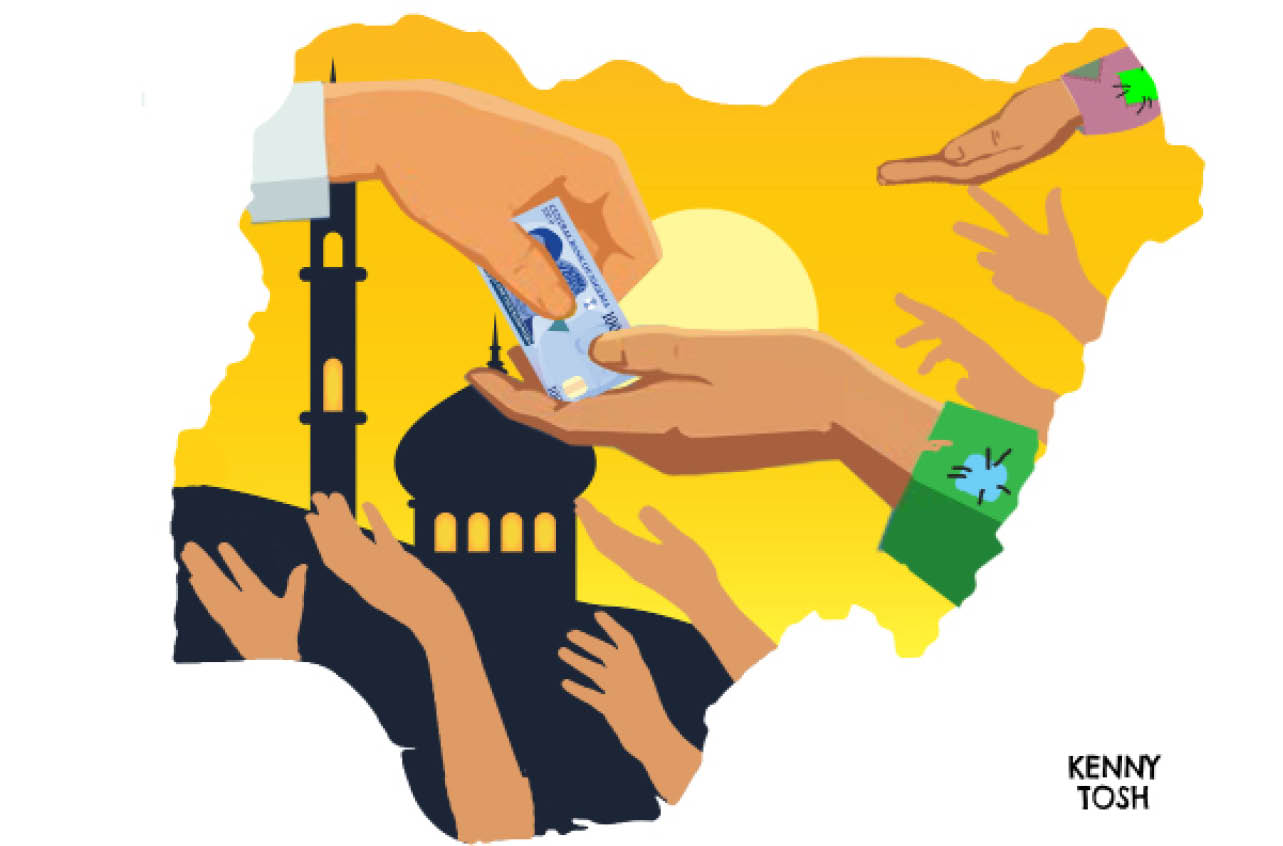What won’t Nigeria give to eradicate poverty? A monstrous problem, entire budgets and even generations have been guzzled up in an attempt to eradicate it.
Successive administrations have thrown everything but the kitchen sink at the problem, or so they said, but it has persisted.
Poverty in Nigeria has become an affliction as well as a symptom. An affliction many years in the making: A symptom that has manifested for many years.
In November last year, Nigeria’s population struck 217 million. Before then, a damning report by the World Bank put the figure of Nigeria’s poor at about a hundred million.
Gen Alkali’s body was butchered after he was killed – Witness
Tinubu okays N18bn assurance policy for fallen heroes’ families
What sort of country has almost half its population wallowing in extreme poverty? Can any country experience serious development with millions of its people languishing beneath the international poverty line?
The gravity of the problem of poverty in Nigeria is best understood by singling out some of the problems that are directly linked to the grotesque spectre of unemployment.
Youth crime and restiveness, as well as poor education, are only some of them.
Malnutrition among children is another understated but potent effect of poverty.
Nigeria has always sought to shell and solve its biggest conundrum. But many of the steps it has taken so far have careened into controversy almost as soon as they have started.
In a country battered by corruption, it is no surprise that efforts to eradicate poverty have themselves become mired in corruption in the recent past.
May 29, 2023, Asiwaju Bola Ahmed Tinubu was sworn in as Nigeria’s 16th president. He has since recognised that the Nigerian situation is as tight as the race that produced him.
In his bid to ensure that the noises made prior to his election were at least the right ones, he has launched the conditional cash transfer programme.
According to Betta Edu, who is the Minister for Humanitarian Affairs, the sum of N25,000 would be transferred to the beneficiaries on a monthly basis for three months, which amounts to N75,000 for each of the beneficiaries.
The scheme is targeting 15 million households and a total of about 61 million Nigerians, as it seems to blunt the sharpest edge of poverty in the country.
There should be no mistake about it. The scheme, which is projected to cost one trillion naira, targets Nigeria’s most vulnerable. Experience has shown that it can well be a lifeline.
But as well as being a lifeline, isn’t it another stopgap measure? Does one of Nigeria’s monstrous problems not deserve decisive solutions?
For how long does Nigeria expect to keep circulating measures that at best paper over the cracks of the poverty grinding down its considerable population?
Poverty in itself is a mark of injustice, inequity, and inequality. On its own, it tells a chillingly complete story of what could happen when resources are not evenly distributed. In Nigeria, it also speaks of corruption and a startling lack of vision.
There is really no explanation for the fact that so many people in a country that is filthy rich live under less than a dollar a day.
It has taken years to render Nigerians dirt poor. It will take years to make them prosperous once again.
Successive governments have shown no appetite for the considerable task of setting Nigerians on the way to lasting prosperity. Many have favoured stop-gap measures.
But rooting out poverty takes a lot of planning, policy and patience. It is a considerable job.
But if the current administration can commit to it, Nigeria will no doubt reap a harvest of bountiful fruits in the near future.
It would mean fewer out-of-school children. It would mean fewer vulnerable communities. It would mean more educated and better-informed citizens. Crucially, it would mean healthier and happier citizens.
Until this is done, attempts to recycle poverty, such as the conditional cash transfer, will remain unnecessary distractions on Nigeria’s path to prosperity.
Kene Obiezu, [email protected]




